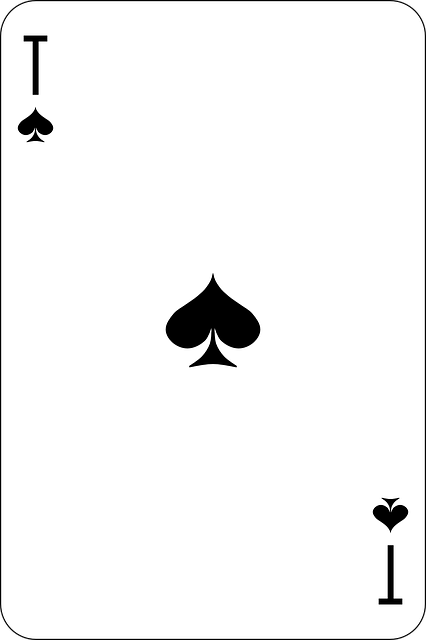The Gambling Laws EU create a harmonized regulatory framework for online and offline gambling across member states, balancing economic growth with citizen protection. These laws cover essential areas like operator licensing, age restrictions, problem gambling mitigation, and equitable player treatment, ensuring fair competition and consumer safety within the EU single market. While member states maintain local jurisdiction, directives like the Remote Gambling Act and Anti-Money Laundering Directive guarantee consistent standards in consumer protection, licensing, and anti-money laundering practices, fostering a regulated and balanced gaming landscape throughout Europe.
Gambling laws within the European Union (EU) are a complex web of regulations, with each member state holding sovereignty over their gaming frameworks. This article provides an in-depth overview of the general regulatory landscape and key principles governing the EU’s gambling sector. We explore the permitted forms of gambling, both online and offline, while delving into cross-border betting challenges and recent developments that have reshaped EU gambling legislation. Understanding these laws is crucial for operators and players alike.
- Overview of Gambling Regulations in the EU
- – General framework and jurisdiction
- – Key principles and objectives of gambling laws in the EU
Overview of Gambling Regulations in the EU

The Gambling Laws EU represent a complex web of regulations designed to balance the economic benefits of gambling with the need to protect citizens from potential harm. The European Union, with its diverse member states, has developed a harmonized legal framework to govern online and offline gambling activities. This approach aims to ensure fair competition, consumer protection, and the prevention of illegal gaming operations within the EU single market.
Each member state plays a significant role in implementing these laws, adapting them to their specific needs while adhering to the overarching EU regulations. The Gambling Laws EU cover various aspects, including licensing requirements for operators, age restrictions, problem gambling prevention, and the fair treatment of players. These measures are crucial in maintaining a balanced and regulated gaming environment across the continent.
– General framework and jurisdiction

The Gambling Laws EU set a comprehensive regulatory framework for the online gambling industry across member states. This general framework ensures consistency and protection for players while facilitating fair competition among operators. Each European country within the EU has its own jurisdiction over gambling activities, allowing for localized regulations that cater to specific cultural and social contexts. However, the EU’s harmonization efforts ensure that these local laws align with common standards, particularly regarding consumer protection, licensing, and anti-money laundering measures.
The EU’s regulatory approach aims to balance the promotion of a robust digital economy with the need to prevent gambling-related harms. This dual objective is reflected in various directives and regulations, such as the Remote Gambling Act and the Anti-Money Laundering Directive. These legal instruments provide a solid foundation for member states to regulate online gambling while allowing for flexibility in implementing measures that reflect their unique circumstances.
– Key principles and objectives of gambling laws in the EU

The primary objective of gambling laws within the European Union (EU) is to create a unified and regulated environment for the industry while protecting citizens from potential harms. These laws aim to balance the promotion of economic growth through gambling activities with ensuring consumer safety, fairness, and security. Key principles include licensing and supervision to control the market, preventing underage gambling, and combating illegal operations.
The EU’s gambling regulations focus on standardizing rules across member states, promoting competition, and facilitating the efficient operation of legal gambling services. They emphasize transparency, responsible gaming practices, and consumer protection, ensuring fair play and secure transactions. These measures are designed to attract international operators while maintaining control over the industry, benefiting both businesses and consumers within the EU market.
The Gambling Laws EU represent a complex yet essential regulatory framework that governs the online and offline gaming industry across member states. By harmonizing key principles and objectives, these laws ensure consumer protection, prevent illegal gambling, and foster fair competition while allowing for a dynamic and innovative gaming environment. Understanding this regulatory landscape is crucial for both operators and players to navigate the EU market effectively.






